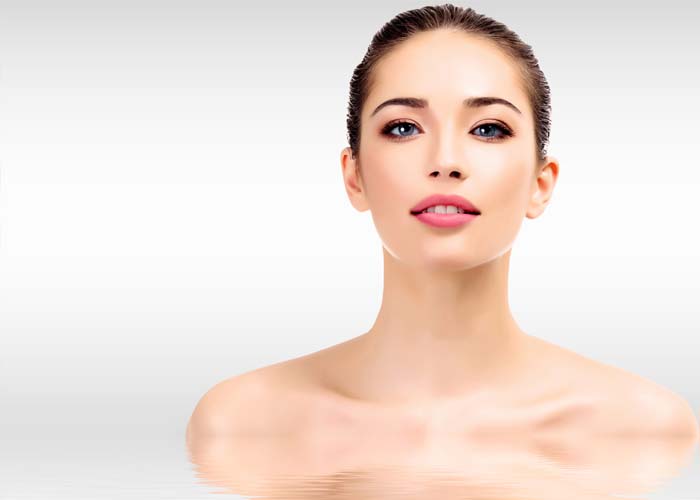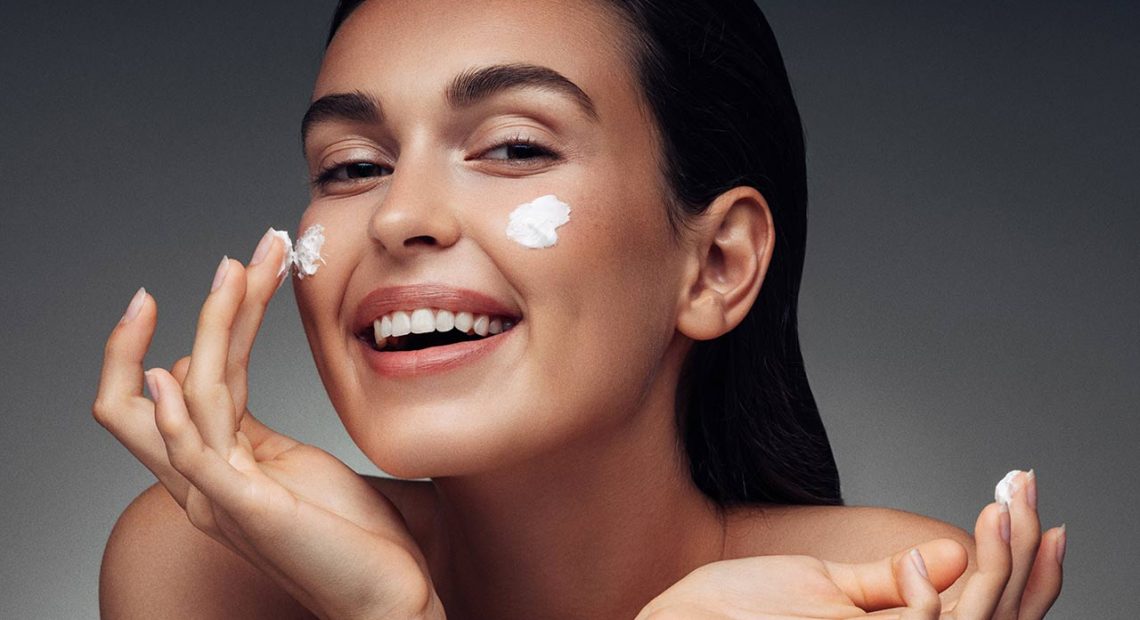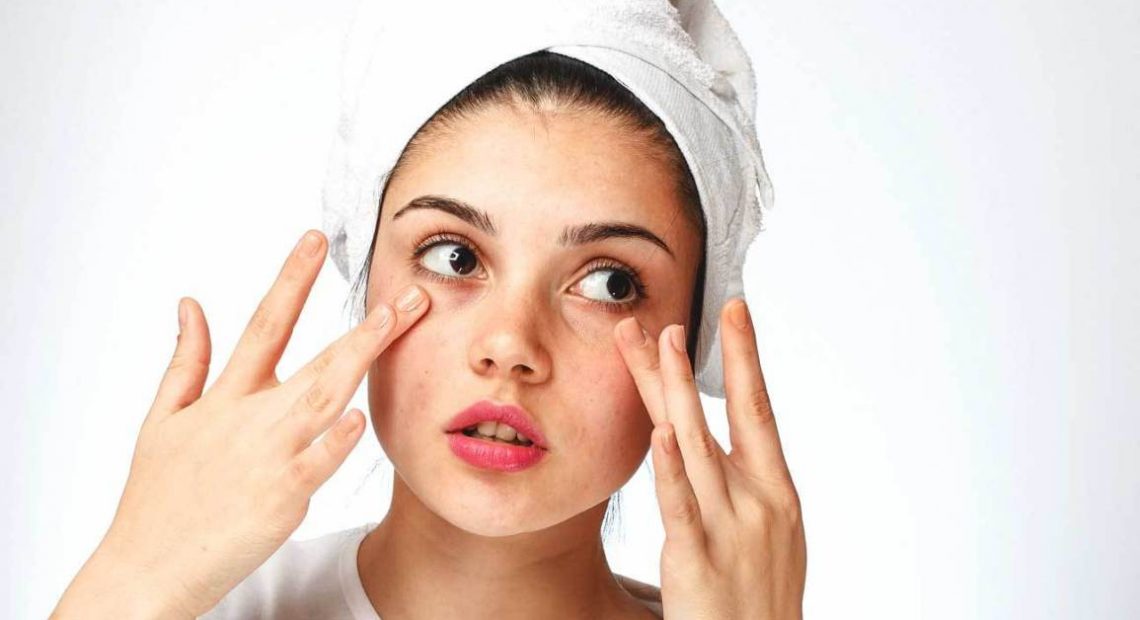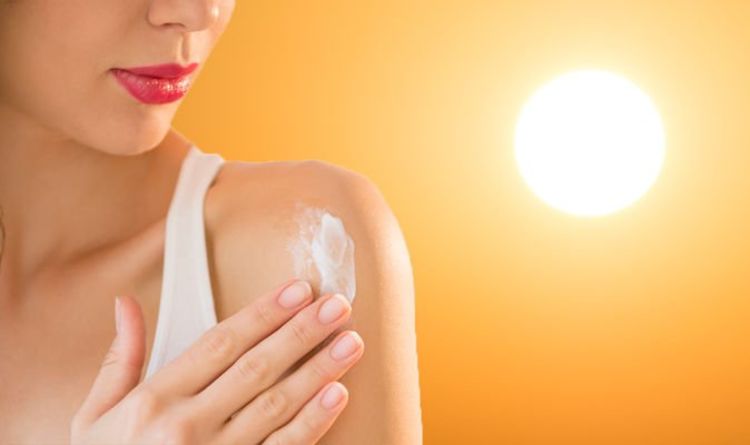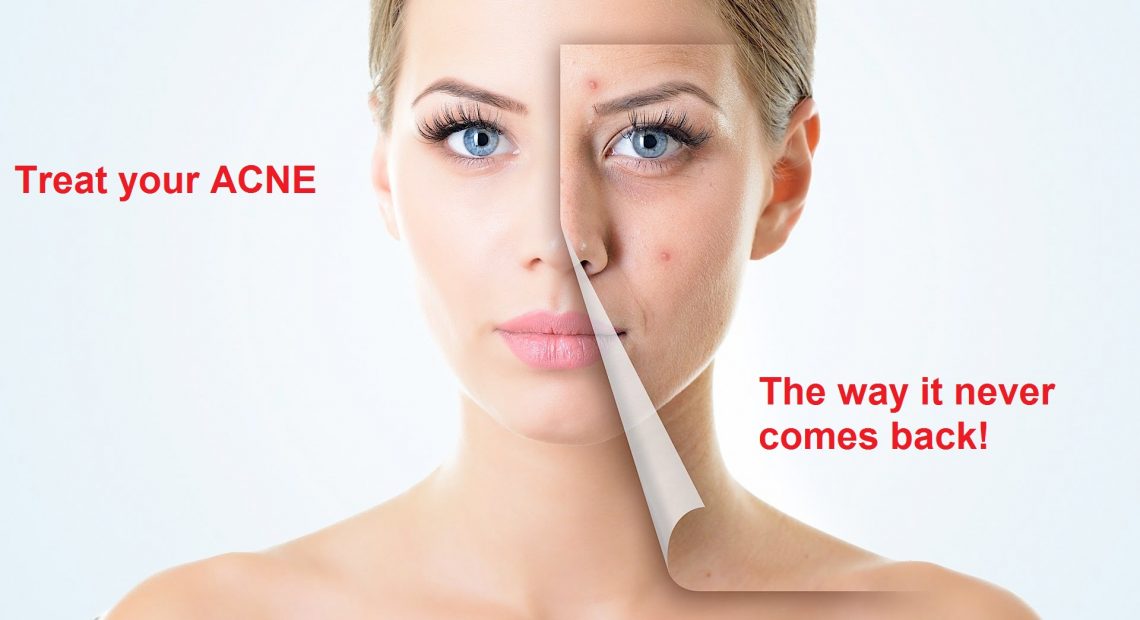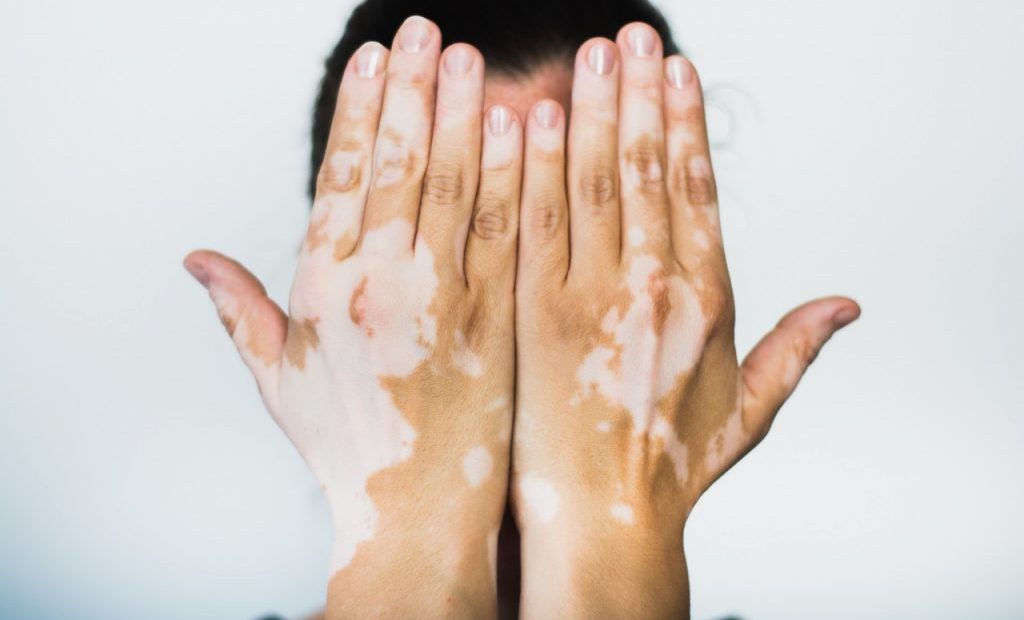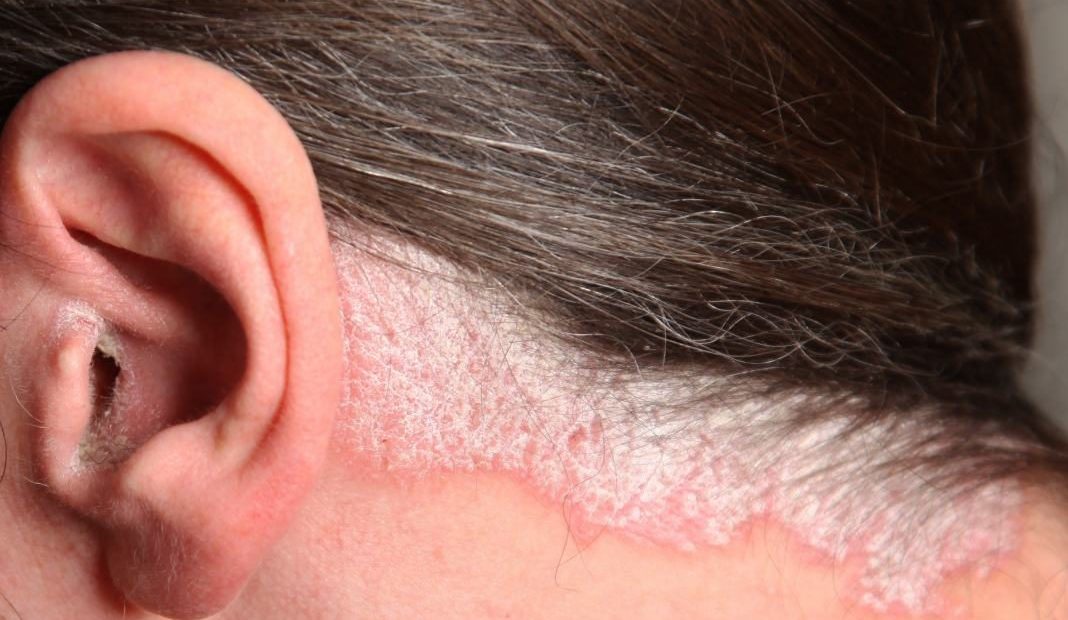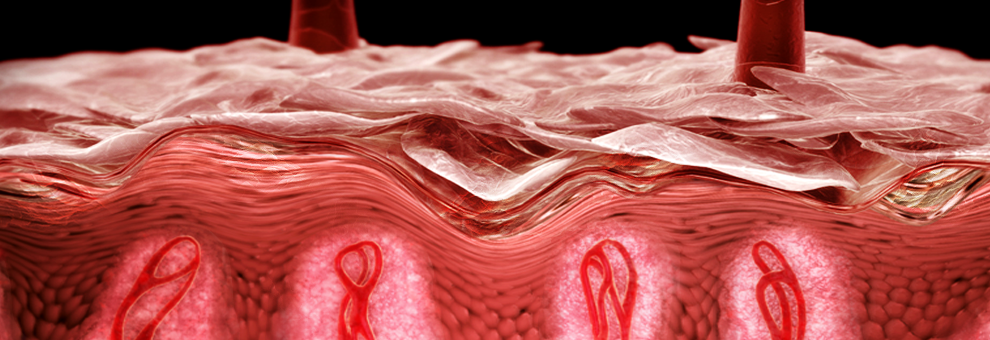Acne Fighting Lifestyle Changes
What can I do about my acne?
No one likes pimples. We go to great lengths to avoid them, not necessarily because they’re painful, but because they’re ugly. We try to control them by scrubbing our faces with cleansers, applying warm and cool compresses, toothpaste, and an assortment of acne products. We squeeze them, cover them up with make-up, part our hair on the wrong side to cover them, and shield them with our hands. On a particularly bad skin day, some of us might even wish we could stay in bed and hide.
The truth is, acne is very common. According to the American Academy of Dermatology, about 40 to 50 million Americans have acne at any one time. And, it’s not just for teenagers.
Acne can begin when pores are clogged by oil or dirt. Acne breakouts are also related to hormonal fluctuations. For some women, oral contraceptives can help reduce acne. Other acne sufferers try every product imaginable and, eventually, consult a dermatologist. There are, however, several complexion spoilers in most of our daily routines that can be managed or eliminated for clearer skin. Consider making these acne fighting lifestyle changes:
Establish a skin routine. Your skin’s your biggest organ; you wouldn’t scrub your heart with harsh products, and your skin deserves the same sort of delicate treatment. Wash your face twice daily with a gentle cleanser. Any more and you’ll dry it out, which can actually increase oil production. You can treat breakouts with an over-the-counter acne remedy, but use it sparingly as it might further irritate skin. Be sure to use an oil-free moisturizer after cleansing.
Read labels. Make sure that your moisturizers, sunscreens, and make-up are oil-free and non-comedogenic. It’s best to avoid make-up completely, but if you feel you must, be sure to read all the ingredients. Consider keeping a skin diary when experimenting with new products: write down how it looks and feels when you put it on, a few hours later, and at the end of the day. Make note of any increase or decrease in blemishes. If you see a pimple pattern, discontinue use. You don’t want the make-up you use to hide your break-outs to actually make them worse.
Try hair products that aren’t oil-based. What goes on your hair gets in your face, be it shampoos and conditioners that wash over your face as you rinse your hair in the shower, the anti-frizz oil you use to tame unruly curls, or the pomade you use to keep hair in place. Eliminating exposure to these products will help prevent your pores from clogging, especially around your hairline and forehead.
Hit the gym. Exercise reduces stress levels and helps regulate hormones. It also gives you a make-up free glow. Just be sure to shower afterward so the oily sweat produced from all those reps doesn’t clog your pores.
Avoid processed or sugary foods. Foods that are processed tend to break down into sugar quickly, causing spikes in insulin levels. These spikes can lead to increased oil production, clogged pores, and unsightly acne.
Practice safe sun. The sun’s UVA and UVB rays irritate acne-prone skin. Try to stay in the shade when the sun is highest, between 10:00am and 4:00pm. If you are in the sun, wear a hat that breathes, and oil-free, non-comedogenic sunscreen with SPF 30.
Don’t sweat the small stuff. Remember that you’re much more aware of your skin issues than your peers. Everyone gets blemishes: give yourself a pep talk: you’re making positive, acne fighting lifestyle changes. Then, move on with your day.

